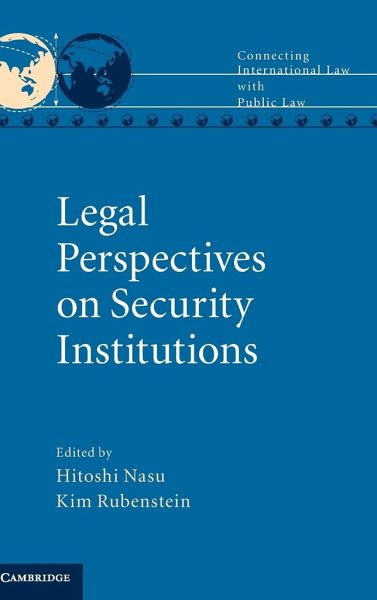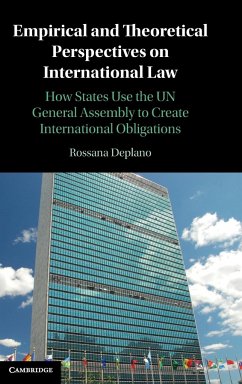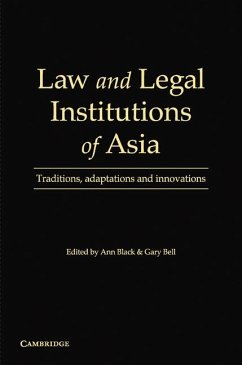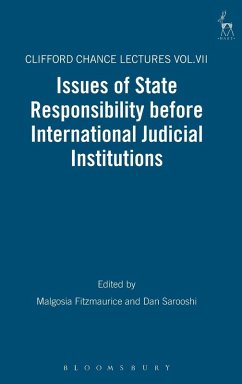
Legal Perspectives on Security Institutions
Versandkostenfrei!
Versandfertig in 1-2 Wochen
121,99 €
inkl. MwSt.
Weitere Ausgaben:

PAYBACK Punkte
61 °P sammeln!
Due to the continuing expansion of the notion of security, various national, regional and international institutions now find themselves addressing contemporary security issues. While institutions may evolve by adjusting themselves to new challenges, they can also fundamentally alter the intricate balance between security and current legal frameworks. This volume explores the tensions that occur when institutions address contemporary security threats, in both public and international law contexts. As part of the Connecting International with Public Law series, it provides important and valuabl...
Due to the continuing expansion of the notion of security, various national, regional and international institutions now find themselves addressing contemporary security issues. While institutions may evolve by adjusting themselves to new challenges, they can also fundamentally alter the intricate balance between security and current legal frameworks. This volume explores the tensions that occur when institutions address contemporary security threats, in both public and international law contexts. As part of the Connecting International with Public Law series, it provides important and valuable insights into the legal issues and perspectives which surround the institutional responses to contemporary security challenges. It is essential reading for scholars, practitioners and policy makers seeking to understand the legal significance of security institutions and the implications of their evolution on the rule of law and legitimacy.














